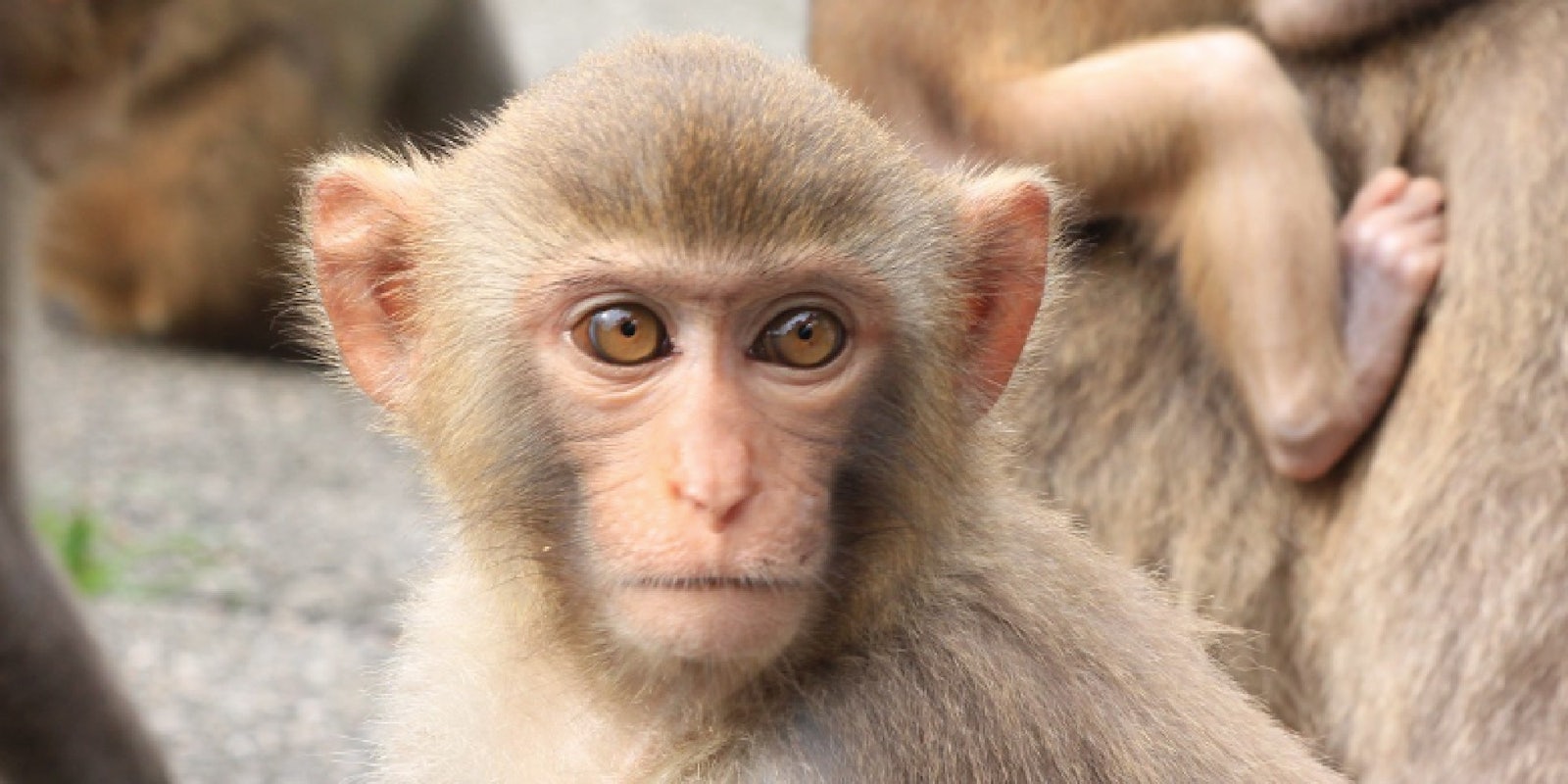
One Dumb Conspiracy is a weekly column that debunks the mostly wild conspiracy theories swirling around the web and runs on Mondays in the Daily Dot’s web_crawlr newsletter. If you want to get this column a day before we publish it, subscribe to web_crawlr, where you’ll get the daily scoop of internet culture delivered straight to your inbox.
Let us crawl the web for you. Subscribe to web_crawlr here.

Analysis
A viral claim making its way across social media alleges that Elon Musk’s brain chip company Neuralink killed nearly 3,000 monkeys during testing. But the story was actually fabricated.
After Musk showcased the company’s latest work in a so-called “show and tell” on Wednesday, a screenshot appeared online showing a purported article from USA Today detailing the monkey deaths.
“Elon Musk’s Neuralink implants have killed nearly 3,000 monkeys since last December, 98% fatality rate,” the alleged USA Today headline stated.
The article, supposedly written by journalist Bailey Schulz, was quickly highlighted by many of Musk’s detractors.
“Elon Musk tortured 3000 monkeys to death and somehow that’s not the most abhorrent thing he’s done this week,” one Twitter user wrote. Others questioned how Neuralink could seemingly get away with killing thousands of primates.
Numerous verified accounts helped spread the screenshot as well, resulting in countless retweets and likes.
Yet the screenshot turns out to have been edited. A glance on the USA Today website shows that no such article exists. The screenshot appears to be an altered version of an actual article written by Schulz on Tuesday detailing the then-upcoming Neuralink event.
But while the 3,000 statistic is not true, Neuralink has admitted to euthanizing around 15 of the 23 monkeys it experimented on years prior.
The experiments, as noted by the Physicians Committee for Responsible Medicine (PCRM), “resulted in chronic infections, seizures, paralysis, internal bleeding, and declining psychological health.”
Another monkey, according to documents obtained by the PCRM through a lawsuit, was also seen “repeatedly vomiting, gasping, retching and had very little interaction with environment/observers” two days after having the brain chip installed.
A third monkey was even found to be missing some of its fingers and toes “possibly from self-mutilation or some other unspecified trauma.”
The fake USA Today article came shortly after Musk said that he believed his brain chips could be tested on humans in as little as six months.
Why it matters
The fabricated USA Today story helped take attention away from the valid criticisms against Neuralink’s experiments. While 3,000 monkeys did not die, several were euthanized after facing what some have called barbaric conditions.
The spread of such fake news only serves to downplay the legitimate ethical issues relating to animal testing and the advancement of medical technology.


